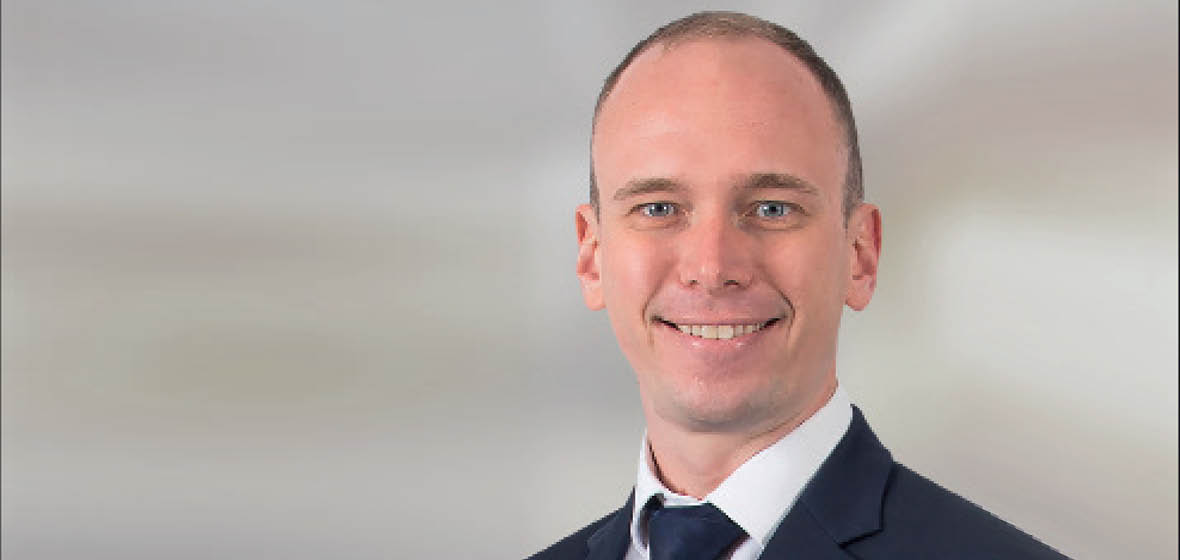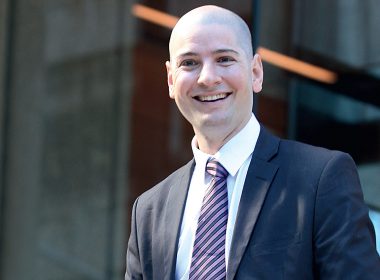Nathan Eastwood, Senior Associate at Clifford Chance, practises in the area of international arbitration and is a member of the firm’s global disputes team. He specialises in public international law, cross-border commercial disputes and international arbitration – particularly disputes between investors and foreign governments under investment treaties and free trade agreements. He tells us how a case concerning a maritime boundary dispute sparked his passion for international dispute resolution.
At the start of my career, I was involved in a long-running maritime boundary dispute governed by the United Nations Convention on the Law of the Sea (UNCLOS). This dispute set in motion my future as a practitioner of public international law. The case concerned a disputed maritime boundary between two States with considerable differences in both size and standing in the international community.
I was involved in various aspects of the dispute, including proceedings that were commenced at The Hague. The facts of the case were complex, with multiple issues of public international law to consider. A novel issue that arose was the application of the principle of legal professional privilege under international law and, if such a principle existed under international law, what were its limits. For example, could a State rely on legal professional privilege to conceal an internationally wrongful act? The case was ultimately resolved and settled through a range of alternative dispute resolution mechanisms, including mechanisms that had never before been deployed under UNCLOS.
In my view, alternative dispute resolution (ADR) mechanisms should be more widely used to resolve international disputes. International ADR has the potential to create significant benefits to restore ongoing relationships between sovereign States and to ensure the peaceful resolution of international disputes. Avoiding armed conflict was the reason international arbitration was first promoted at the beginning of last century and encouraged by bodies like the United Nations after the Second World War. What I love about my area of practice is the ability I have to create a positive impact for people I will never meet. In this case, the State parties reached a resolution that all parties were satisfied with and it facilitated the end of a long-running dispute between the two countries. The result will ensure the ongoing relationship between the two countries is maintained and the flow of investment remains in place for many more years to come, benefitting the lives of millions.
Getting exposure to public international law matters really solidified my career path and has taken me abroad to cities like London, Dubai, Paris and Singapore. In the past decade, I’ve acted and advised an agency of the United Nations; several foreign governments, including on issues such as the law of the sea, treaty interpretation, the laws of armed conflict, and addressing modern slavery; and foreign investors and States in proceedings before the International Centre for the Settlement of Investment Disputes.
The law of the sea has fascinated me since law school, particularly the interplay of legal frameworks, both domestic and international, that governs our use of the ocean and its resources. These cases have allowed me to develop a practice in deep seabed mining and other emerging international law sectors that fall under UNCLOS. Deep seabed mining involves activities in what is known as “the Area”. The Area is the seabed located on the high seas – jurisdiction that does not belong to anyone and is for the benefit of all mankind. The laws and regulations that will one day permit deep seabed mining will, in my view, be the underlying legal framework that will facilitate mining in space. I think it’s only a matter of time before we’re mining in areas beyond the frontiers of our own planet.




